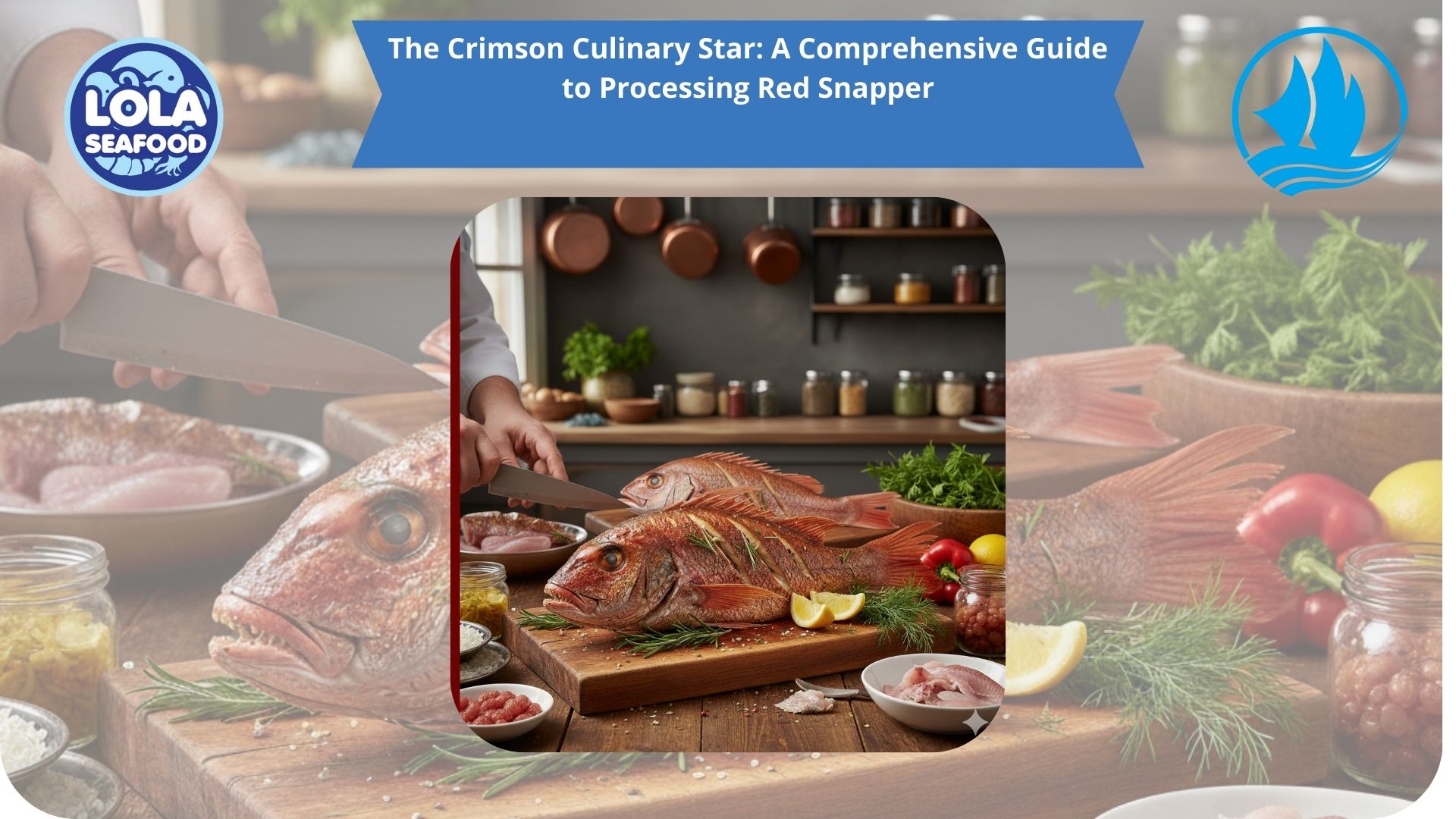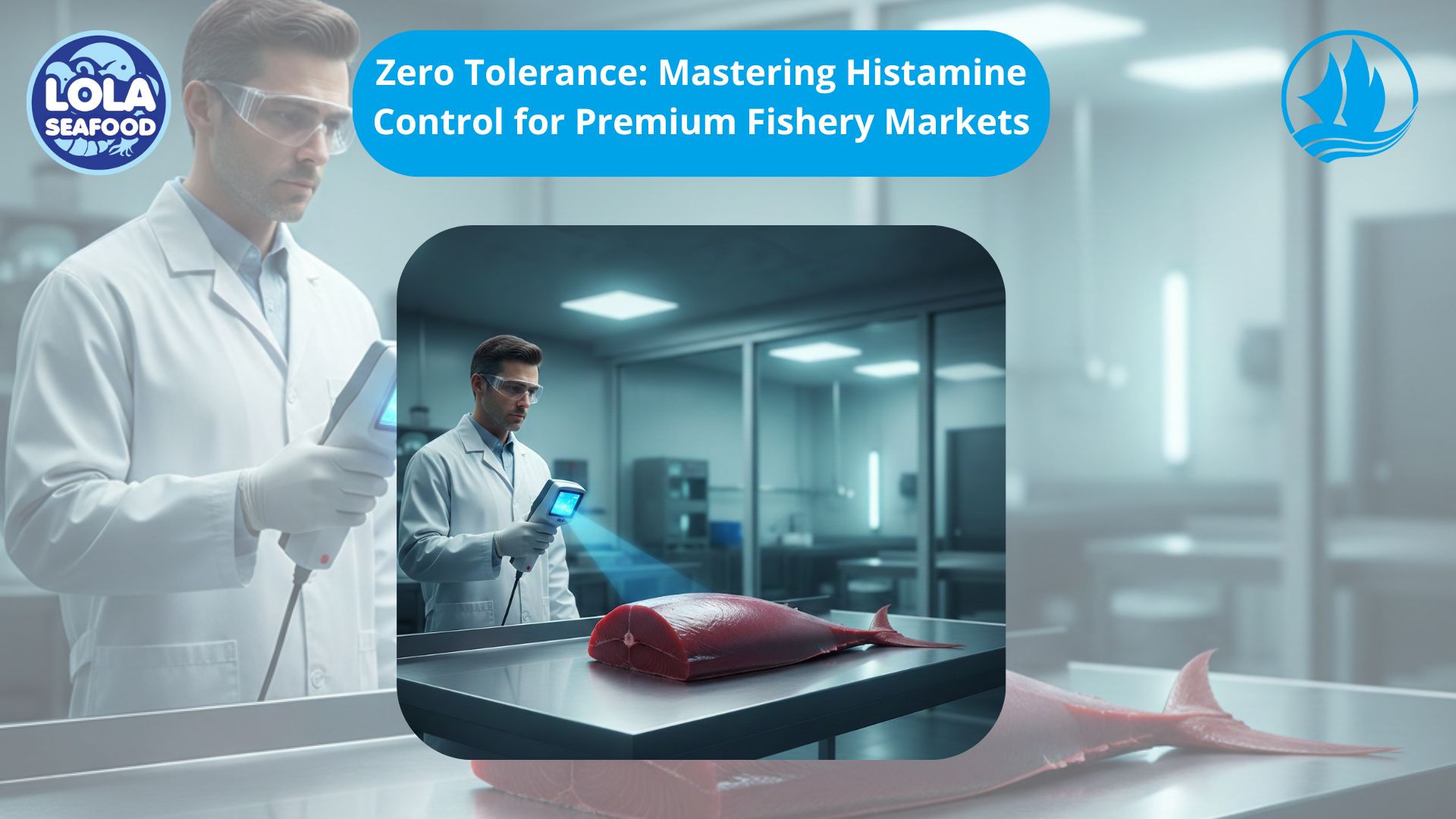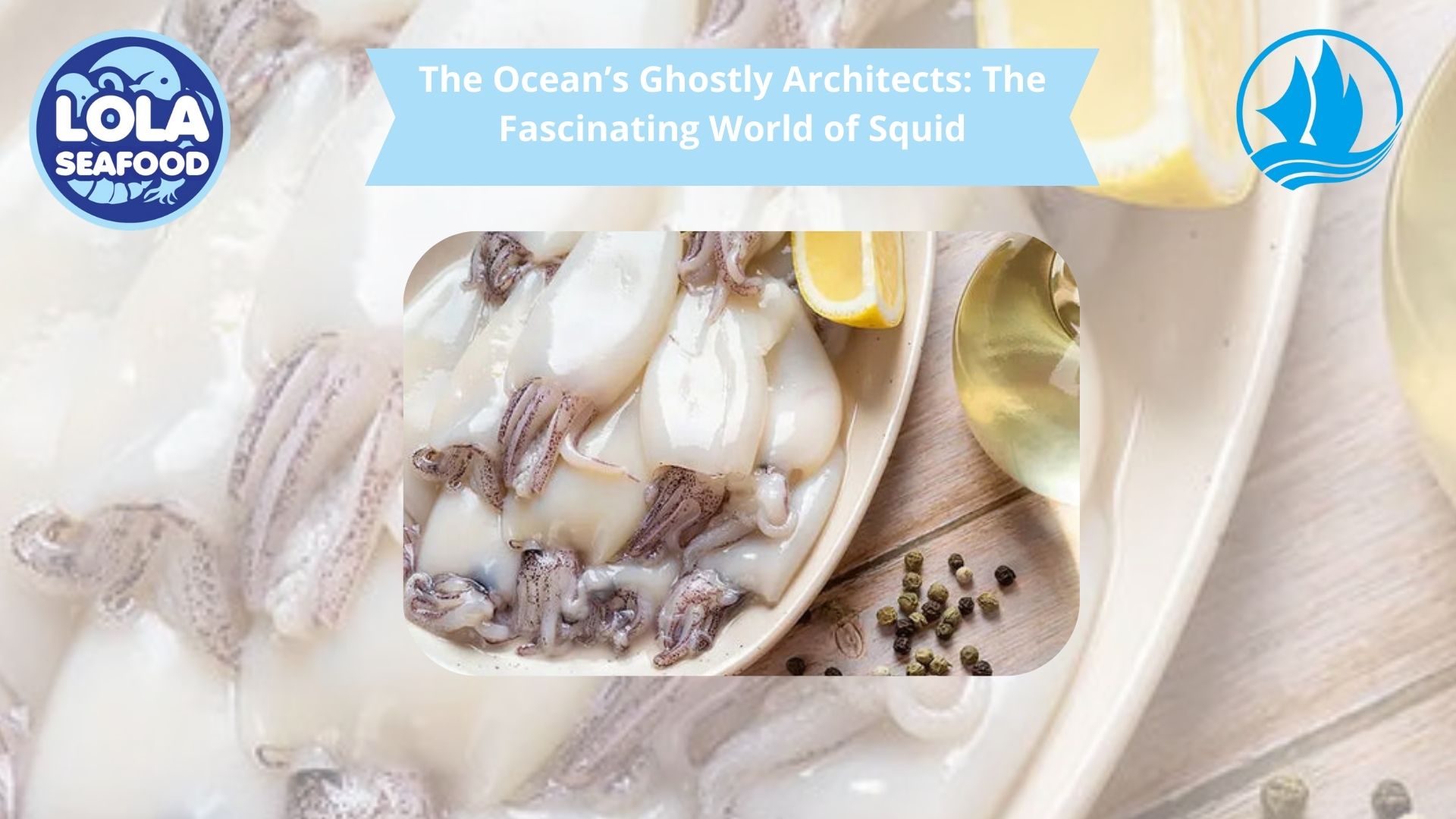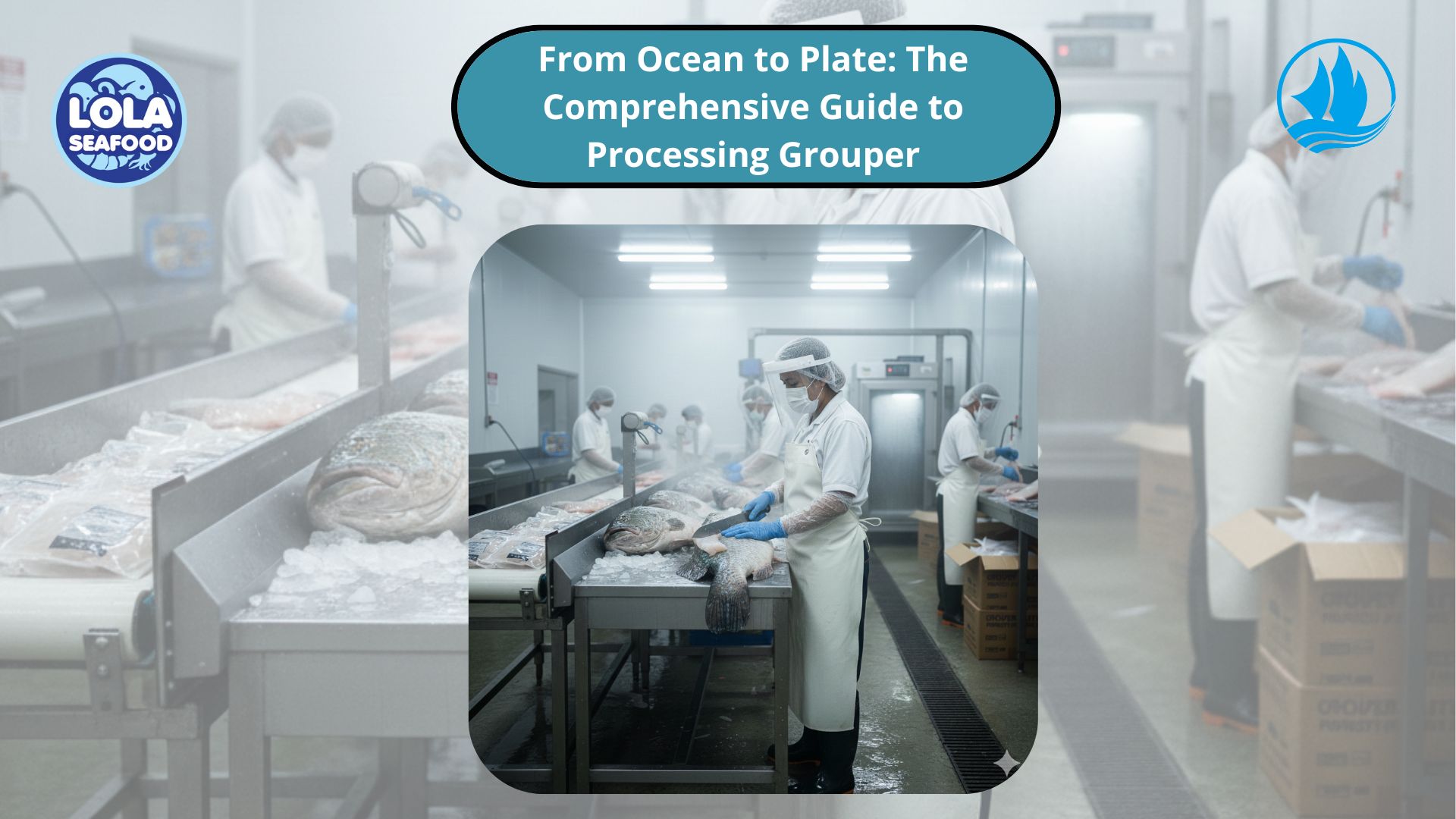4 Reasons Why Jewfish Exports in Australia are a Growing Opportunity in the Global Seafood Market
By. Nugroho Luhur - 13 Jan 2025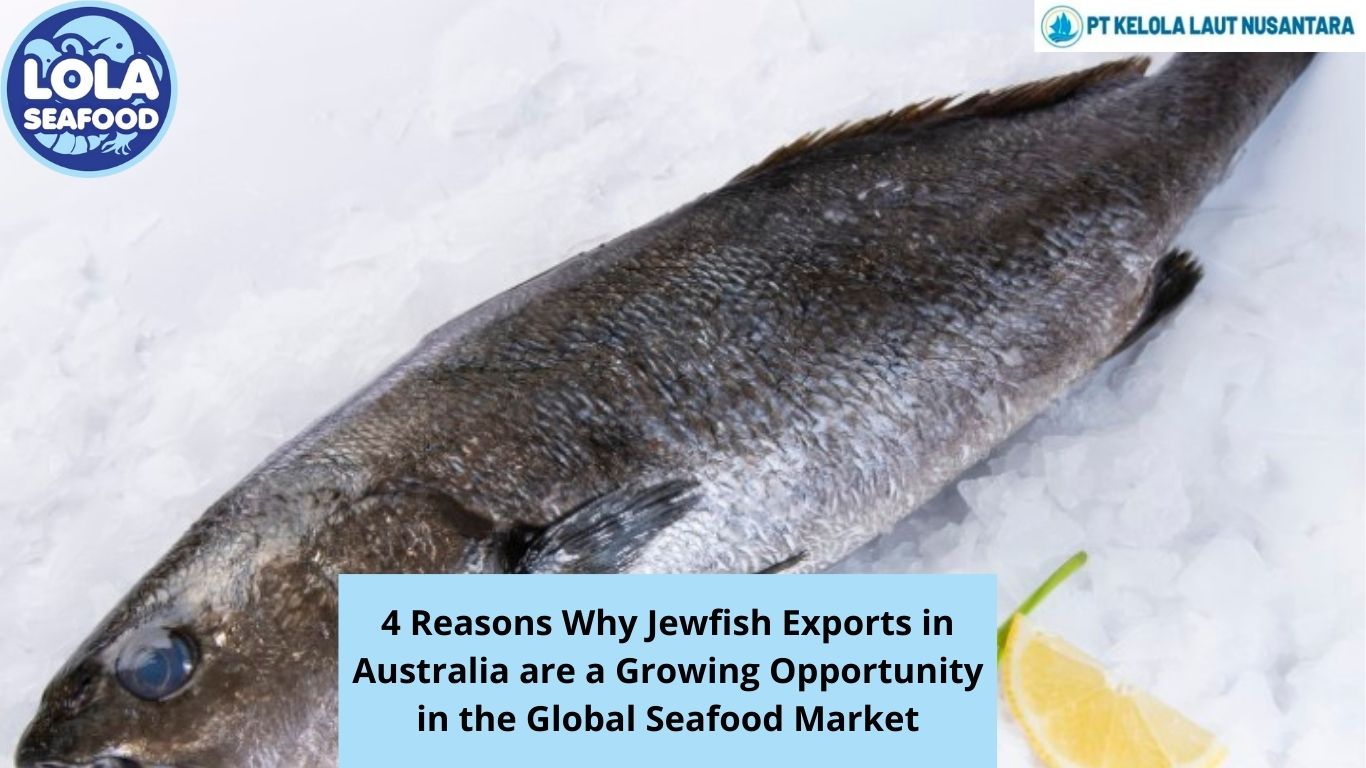
Kelolalaut.com Jewfish, also known as mulloway in Australia, is a prized fish species renowned for its delicate flavour, firm texture, and versatility in culinary applications. Native to Australia’s coastal and estuarine waters, this species has become a significant player in the country’s seafood industry, particularly as an export commodity. With the global demand for premium seafood continuing to rise, Australia’s jewfish export market is experiencing steady growth, offering both opportunities and challenges.
1. The Appeal of Australian Jewfish
Australia's jewfish is highly sought after in international markets for its quality, sustainability, and the country’s strong reputation for seafood standards. The fish is commonly sold fresh or frozen and is popular in Asian markets, particularly China, Japan, and Southeast Asia, where premium seafood is a staple in many cuisines. The mild flavour of jewfish makes it ideal for a variety of cooking methods, including grilling, steaming, and frying, further increasing its appeal among consumers.
In addition to taste, the health benefits of jewfish contribute to its popularity. Rich in omega-3 fatty acids, low in saturated fat, and a good source of protein, the fish appeals to health-conscious consumers. Its high market value makes it a lucrative export for Australian fishers and seafood companies.
2. Sustainable Practices in Jewfish Harvesting
Australia’s seafood industry is known for its commitment to sustainability, and the jewfish sector is no exception. Fisheries operate under strict regulations to ensure the long-term viability of the species. These include catch limits, size restrictions, and closed seasons to protect breeding stocks.
The aquaculture industry is also playing an increasing role in jewfish production. Farming operations reduce pressure on wild stocks and provide a consistent supply of high-quality fish for export. Sustainable aquaculture practices are aligned with the expectations of international markets, where consumers and importers demand ethically sourced products.
3. Challenges in the Export Market
Despite its potential, the jewfish export market faces several challenges. One of the most significant is competition from other white-fleshed fish species, such as barramundi and snapper, which are widely available and often cheaper. Additionally, fluctuations in global seafood demand, influenced by economic conditions and consumer preferences, can impact export volumes and prices.
Logistics and supply chain issues also pose hurdles. Exporting fresh seafood requires efficient handling, transportation, and storage to maintain quality. Rising freight costs and disruptions in global shipping networks, particularly during the COVID-19 pandemic, have highlighted vulnerabilities in the supply chain.
4. Future Prospects
The future of jewfish exports in Australia is promising, provided the industry continues to adapt to market demands and environmental challenges. Innovations in aquaculture technology and supply chain management are expected to enhance production efficiency and product quality. Marketing campaigns emphasizing the premium nature and sustainability of Australian jewfish can also help differentiate it in competitive markets.
Government and industry collaboration is crucial for success. Investment in research and development, as well as trade agreements with key markets, can further bolster the sector's growth. With the right strategies, Australia’s jewfish export industry can continue to thrive, contributing to the nation’s economy and reinforcing its reputation as a leader in sustainable seafood production.
If youre interested in our Corvina Fillet Skin Patch , Corvina Whole Round , Jewfish Fillet Skin On please do not hesitate to contact us through email and/or whatsapp.

